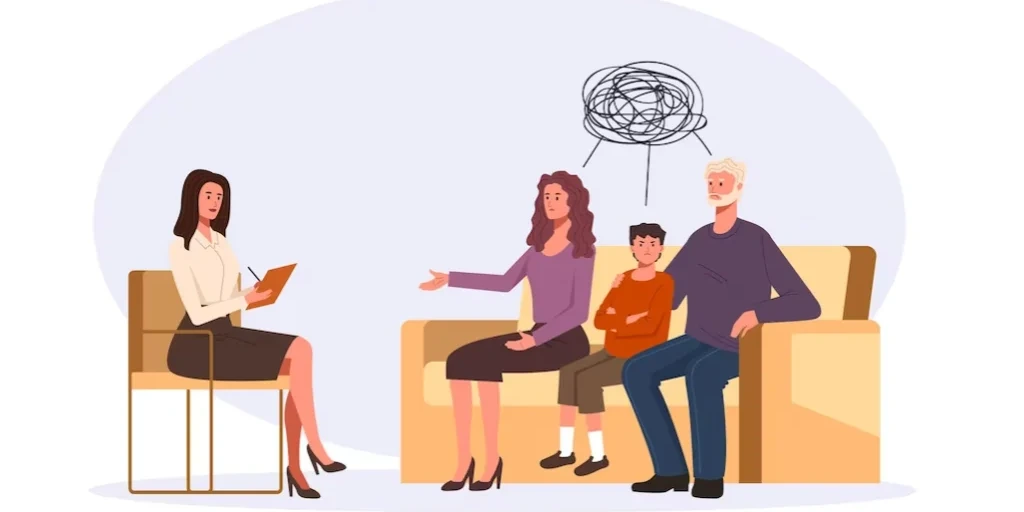24/7 Helpline:
(866) 899-221924/7 Helpline:
(866) 899-2219
Learn more about Residential Rehab centers in Owatonna
Residential Rehab in Other Cities

Other Insurance Options

Anthem

Absolute Total Care

American Behavioral

UMR

EmblemHealth

MVP Healthcare

Sutter

Medical Mutual of Ohio

Sliding scale payment assistance

Private insurance

Providence

Optima

United Health Care

Access to Recovery (ATR) Voucher

Amerigroup

Premera

ComPsych

Kaiser Permanente

Molina Healthcare

Highmark

Beauterre Recovery Institute
Beauterre Recovery Institute is a private rehab located in Owatonna, Minnesota. Beauterre Recovery I...

South Central Human Relations Center – Dual Recovery Program
South Central Human Relations Center – Dual Recovery Program is a non-profit rehab located in Owaton...

Owatonna Hospital – Behavioral Health
Owatonna Hospital – Behavioral Health is a private rehab located in Owatonna, Minnesota. Owatonna Ho...

West Hills Lodge
West Hills Lodge is a private rehab located in Owatonna, MN. West Hills Lodge specializes in the tre...



Safe Harbour
Safe Harbour is a private rehab located in Owatonna, Minnesota. Safe Harbour specializes in the trea...


